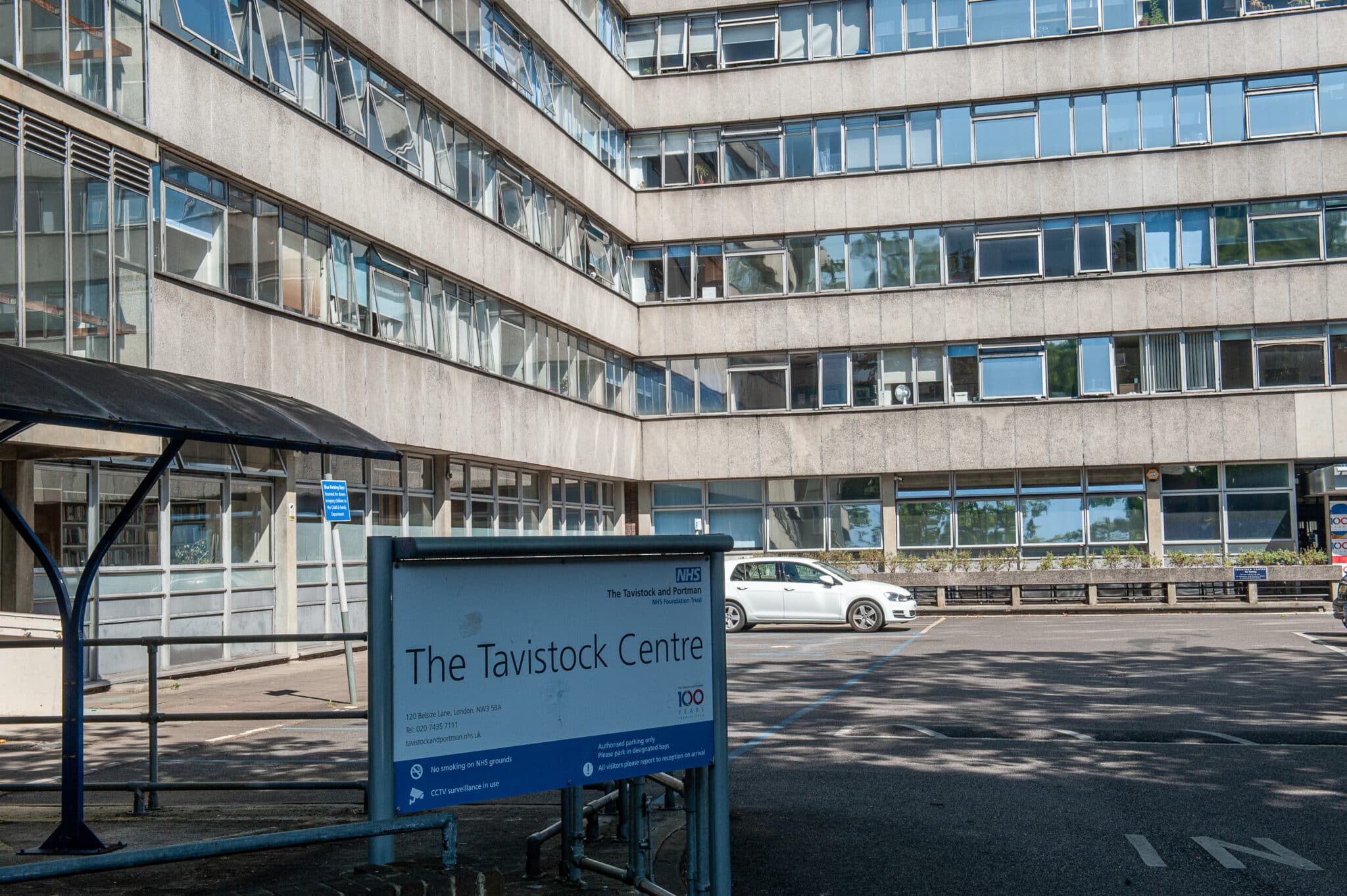Psychologists and gender experts debunk ‘misleading’ claims about trans youth healthcare

The Tavistock Centre’s specialists said ACP-UK had “failed” in its purpose to provide a “representative voice for clinical psychologists. (Getty)
Some of the UK’s leading experts in gender identity have criticised a “misleading” psychology report, explaining the compassion needed when working with trans youth.
The letter, which was posted on Medium website on Wednesday (2 November), was directed toward the Association of Clinical Psychologists UK (ACP-UK) after it released a position statement on the Cass review last month.
In it, the board of directors claimed there is “little evidence” to allow clinicians to reliably predict whether a trans child “will continue to experience gender incongruence in adulthood”.
The first phase of Cass’ review was published on 10 March 2022 after NHS England requested the healthcare professional to conduct the review in 2020.
It found that the current system should be overhauled, with the implementations of local centres becoming “direct service providers”, while refraining from any final recommendations.

The Gender Identity Development Service (GIDS) clinic at Tavistock and Portman is set to close after the Cass review criticised its services. (Getty)
The ACP-UK’s statement also claimed that there was a lack of “robust” evidence regarding the safety of puberty blockers – which under-18s are currently administered – despite the NHS website clarifying that they are “physically reversible”.
Additionally, it attempts to associate “the possible relationships between the experience of homophobia and gender identity” by adding that those who “experience same-sex attraction” are more likely to question their gender identity and will “behave in gender-nonconforming ways”.
The statement from the Tavistock experts continues: “It is now clear that a proportion of young people who transition will detransition or have regrets later in life, possibly already having undergone irreversible pharmacological or surgical intervention.”
This is despite “surgical intervention” such as gender reassignment surgery (GRS) or facial feminisation surgery (FFS) being blanketly prohibited for under-18s.
Statement ‘contributes to an atmosphere of fear’
The 46 experts responded by saying that the ACP-UK had “failed” in its purpose to provide a “representative voice for clinical psychologists” and to “seek the view of experts within the field of gender identity”.
“It is our opinion that some of the issues raised in the report, and the psychological factors considered, have been distorted and amplified,” the letter continued. “While other relevant factors appear to have been overlooked.
“This lack of balance has resulted in a statement that is misleading, and contributes to an atmosphere of fear.”
The Tavistock professionals – which include gender specialists, Gender Identity Service (GIDS) psychologists, and leading healthcare specialists – outlined various factors of the report that they deemed misleading or devoid of context.
These included the language used, research and evidence-based practice cited, the psychological and social factors mentioned, as well as the report’s advice on supporting staff.
The group also believe that the phrasing of particular sections responding to the Cass review fails to put the report into context.
“The Cass interim report constitutes the first phase of a review process likely to last several years,” the letter added.
“We believe that the way in which some of the findings of the Cass review have been summarised and reported… fails to provide critical context.”
Additionally, it criticises the statement for its language when referring to trans youth, saying that it “undermines the lived experience of the people being reference”.
It also criticised the use of the word ‘transition’ as a synonym for ‘medical transition’, which ignores “the many ways in which young people might seek to explore their identity”.
“As psychologists, we would welcome a move away from this medicalising language,” the letter continued, citing the constant use of ‘gender dysphoria’. “[we] would suggest ‘gender questioning’ or ‘gender diverse’ as more neutral, descriptive terms.”
The open letter’s recommendations
As well as citing criticisms of the statement, the open letter also outlines 10 different steps toward creating a more robust and accurate review.
The recommendations include consultations with clinical psychologists who have relevant experience in GIDS, acknowledging the complexity of trans identities, considering those with lived experiences, and many more.

